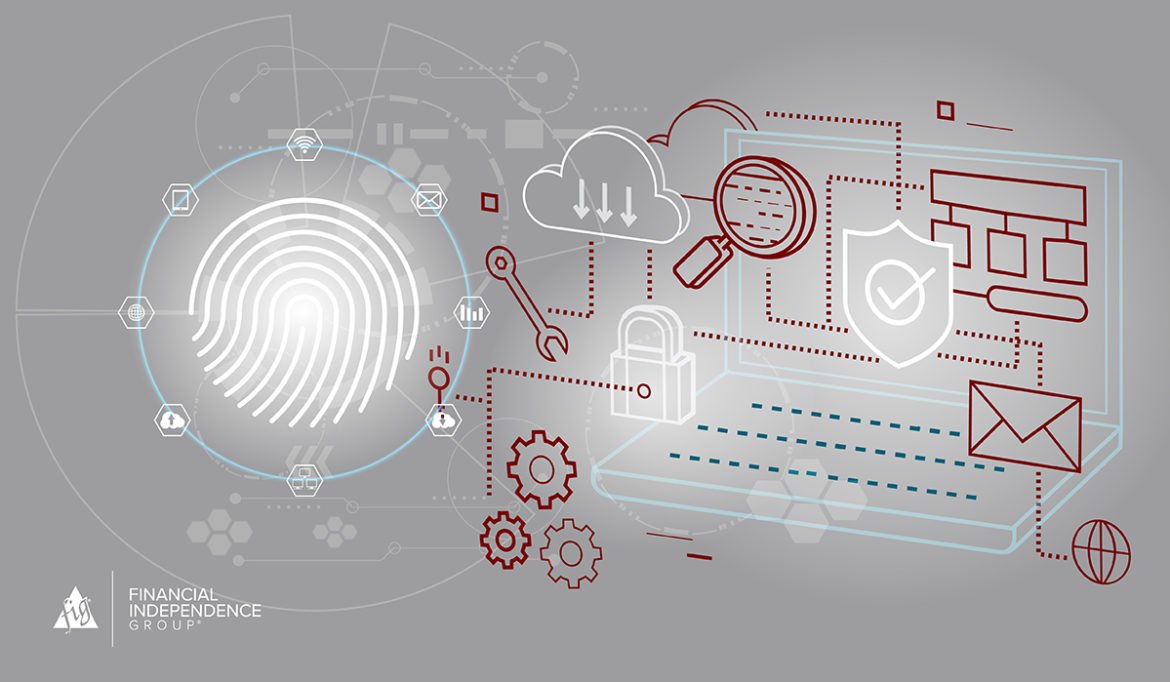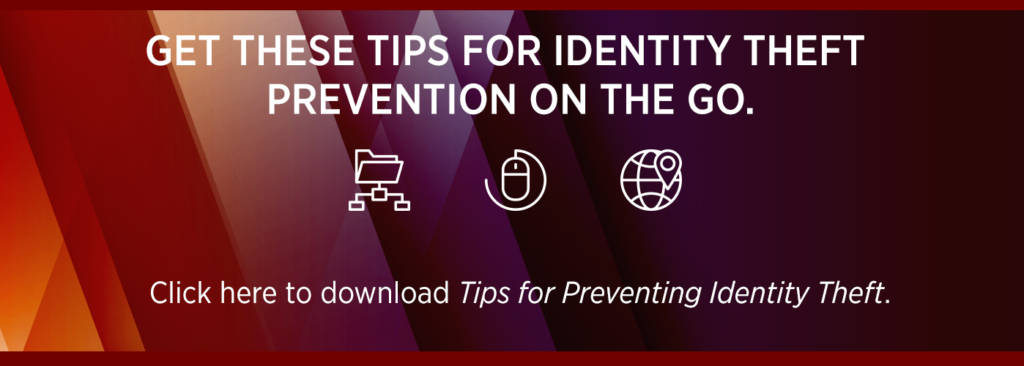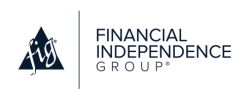Updated March 22, 2024, at 10:08 AM
33%.
It’s not the percentage chance of leaving the office early on a Friday. Or winning a weeklong vacation to Barbados. Or even the Carolina Panthers getting a Super Bowl victory (but we can hope down here in North Carolina).
No, it’s the chance of getting your identity stolen if you’re an adult in the US.
It’s an unfortunate reality, even though most people think this type of criminal activity is fairly rare. Undoubtedly, some identity theft victims lost theirs due to data breaches or other events outside their control.
But many others have had their identity stolen due to errors on their part. No matter how careful you are, the fact of the matter is it can happen to you and it can happen to your clients.
So, we’ve come up with a list of tips on how to handle financial or other sensitive information to help prevent identity theft from happening to you or someone you know (but you’ll have to share our free document with them at the bottom of this post).
How to Prevent Identity Theft
Checks
- Use your initials and last name when ordering printed checks. A check forger won’t know how you sign your checks, but your bank will.
- Don’t have your home phone number or Social Security number printed on your checks. Use your work phone number and a post office box or work address instead of your home address.
- Order new checks from your bank and pick them up at the bank, rather than having them sent to your home mailbox.
Credit Cards
- When paying credit card bills, write only the last four digits of the account number in the check memo line.
- Don’t sign the back of your credit card. Instead write, “Photo ID required.”
- Photocopy both sides of your driver’s license, credit cards, and other important contents of your wallet. In the event it gets stolen, you’ll know exactly what’s missing.
- Keep a list of your credit card numbers and their toll-free customer service numbers so you can cancel cards quickly if lost or stolen. Keep the list in a safe place in your home, not in your wallet.
Related: 10 Cybersecurity Tips for Small Business Owners
Social Security Number
- Never carry your Social Security card in your wallet. Memorize the number and put the original card in a safe place.
- If you believe your Social Security number has been compromised, contact the Social Security Administration fraud line at 800-269-0271.
Pins and Passwords
- Don’t write your PIN on the back of the card or on anything else in your wallet.
- Use different PINs for each debit and credit card. If you have too many to remember, consider reducing the number of cards you carry in your wallet.
- Don’t use easily available information like your birth date, phone number, or part of your Social Security number, for PINs and passwords.
Mail and Trash
- Use post office collection boxes for outgoing mail, rather than your home mailbox.
- Shred any trash that may contain personal information, including charge receipts, credit applications, insurance forms, medical statements, checks and bank statements, expired credit and debit cards, and direct mail credit offers.
- You can opt not to receive direct mail credit offers by calling 888-567-8688.
A Friendly Reminder…
If your wallet or purse is ever lost or stolen, you should immediately:
- File a police report to document the theft and the contents in the wallet or purse.
- Contact one of the national credit reporting organizations to have a fraud alert placed on your name and Social Security number. The organization you contact is required to contact the other two. If the thief’s purchases initiate a credit check, the credit reporting organization can alert the merchant. Placing a fraud alert entitles you to free copies of your credit reports.
Equifax: 800-525-6285
Experian: 888-397-3742
TransUnion: 800-680-7289 - Close all accounts for missing credit cards. Check your credit reports for accounts opened fraudulently.
- File a complaint with the Federal Trade Commission (FTC), which maintains a database of identity theft cases, online here. This database assists law enforcement agencies and helps the FTC learn more about identity theft.
- Lastly, notify your bank if your wallet contained a checkbook or debit/ATM cards.


